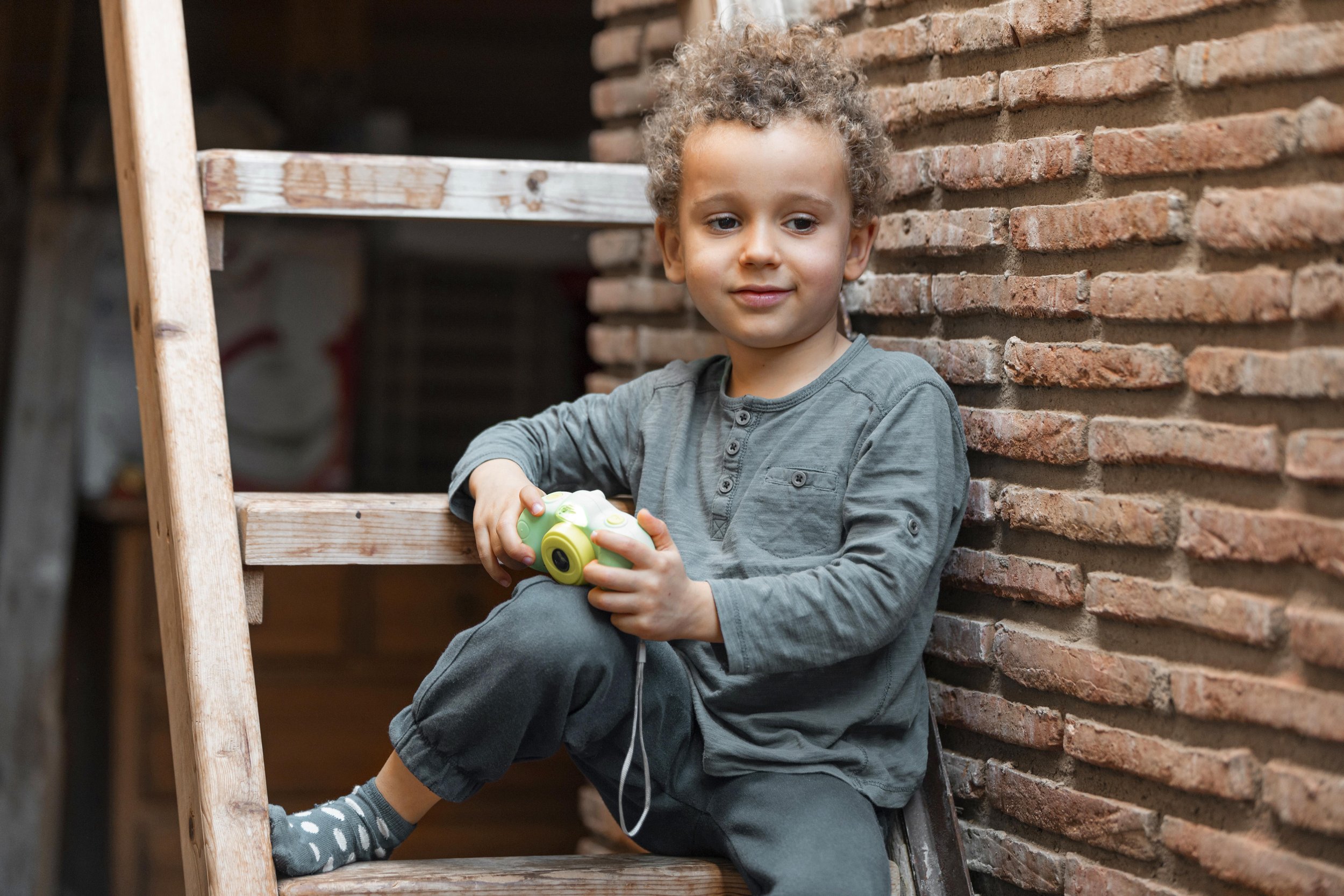Our Work
Impact
We develop and test evidence-based programs and policies that strengthen parents, children, and families. We collaborate with affected populations, recognized public and private influencers, faith and community leaders to adapt and scale evidence-based responses to crisis settings globally — in over 60 countries.
Cash+Care Assistance
The Rapid Social Response (RSR) Program, now the Rapid Social Response Adaptive and Dynamic Social Protection Program (RSR-ADSP), is a key instrument for implementing the World Bank’s Social Protection and Jobs Compass to achieve universal protection and to increase equity, resilience, and opportunities for all vulnerable households. The program works with clients in IDA countries to develop adaptive and resilient social protection systems that can quickly respond to evolving challenges and new vulnerabilities. Since inception, the RSR and the RSR-ADSP have provided $141 million to fund 384 activities in 109 countries across all six World Bank regions. Moving in to Phase 3 (2023-30), the Program continues to focus on gender, COVID-19 responses, the global consequences of the war in Ukraine, climate change, green jobs, conflict, migration, and other critical areas.
Delivering evidence-based parenting tips to strengthen parenting practices in acute crisis. Initially developed during the COVID-19 pandemic, Parenting Tips have now been scaled in polycrises of conflict, climate, and contagion, reaching > 240 million parents and caregivers. These resources focus on concrete tips to build positive relationships, divert and manage bad behaviour, and manage parenting stress. They are shared through social media, and they are accessible on non-smartphones through the Internet of Good Things. A team of international volunteers are producing translations in 55 languages. Importantly, these parenting resources are based on robust evidence from randomised controlled trials in low-income and middle-income countries.
Parenting Tips
Parenting for Lifelong Health (PLH)
PLH designs, delivers, and scales evidence-based, freely available parenting solutions which promote healthy child development and wellbeing, and prevent family violence – including adaptation and testing of delivery systems which are accessible and affordable in crisis, such as ParentApp and ParentText. Founded in 2012 and endorsed by the United Nations, Parenting for Lifelong Health is at the forefront of a global movement to accelerate the scale-up of evidence-based, freely-available, inclusive, and culturally-sensitive parenting solutions within existing systems of delivery. By improving positive parenting, learning through play, stress reduction, and equitable partner relationships, our innovative solutions help to reduce violence against children and women, improve parent and child mental and physical health, and support child learning and development outcomes. Ultimately, this breaks the intergenerational cycle of violence.
Hope Groups
In 2023, nearly one in six children lived in war zones. Evidence-based psychosocial and parenting support can mitigate negative impacts for parents and children co-exposed to war and displacement, particularly regarding mental health and harsh parenting reactions. During the current war in Ukraine, local and global mental health experts co-created and evaluated the effectiveness of ‘Hope Groups’—psychosocial and parenting support groups—on improving mental health, positive parenting, and reducing violence against children. This study aimed to assess these groups’ effectiveness using a pre/post study design.
Publications
Orphanhood and caregiver death among children in the United States due to all-cause mortality 2000-2021: A Modeling Study
Nature Portfolio (Pre-Print, April 2024)
Hope Groups: A protocol for a cluster randomized controlled trial for a psychosocial, mental health, and parenting support groups for Ukrainian caregivers during war and conflict
BMC Trials (July 2024)
The Effectiveness of Hope Groups, a Mental Health, Parenting Support, and Violence Prevention Program for Families Affected by the War in Ukraine: Findings from a Pre-Post Study
Journal of Migration and Health (July 2024)
Reauthorize PEPFAR to prevent death, orphan hood, and suffering for millions of children
The Lancet (2023)
The association between youth violence and mental health outcomes in Colombia: A cross-sectional analysis
Child Abuse & Neglect (July 2023)
Impacts of intimate partner violence and sexual abuse on antiretroviral adherence among adolescents living with HIV in South Africa
AIDS (2023)
List child dependents on death certificates
Science (May 2023)
A conceptual framework and exploratory model for health and social intervention acceptability among African adolescents and youth
Social Science and Medicine (2023)
Protocol for the OCAY study: a cohort study of orphanhood and caregiver loss in the COVID-19 era to explore the impact on children and adolescents
British Medical Journal (BMJ) (May 2023)
Urgent help needed for children affected by the earthquake in Syria and Türkiye
The Lancet: Psychiatry (2023)
From surviving to thriving: integrating mental health care into HIV, community, and family services for adolescents living with HIV
The Lancet: Child and Adolescent Health (2022)
Food security reduces multiple HIV infection risks for high-vulnerability adolescent mothers and non-mothers in South Africa: a cross sectional study
JIAS (2022)
Covid-19 as a long multi-wave event: implications for responses to safeguard younger generations
British Medical Journal (2022)
Ukraine’s children: use evidence to support child protection in emergencies
British Medical Journal (2022)
Orphanhood and Caregiver Loss Among Children Based on New Global Excess COVID-19 Death Estimates
JAMA Pediatrics (September 2022)
Global, regional, and national minimum estimates of children affected by COVID-19-associated orphanhood and caregiver death, by age and family circumstance up to Oct 31, 2021: an updated modelling study
The Lancet Child and Adolescent Health (February 2022)
COVID-19–Associated Orphanhood and Caregiver Death in the United States
American Academy of Pediatrics (December 2021)
Global minimum estimates of children affected by COVID-19-associated orphanhood and deaths of caregivers: a modelling study
The Lancet (July 2021)






